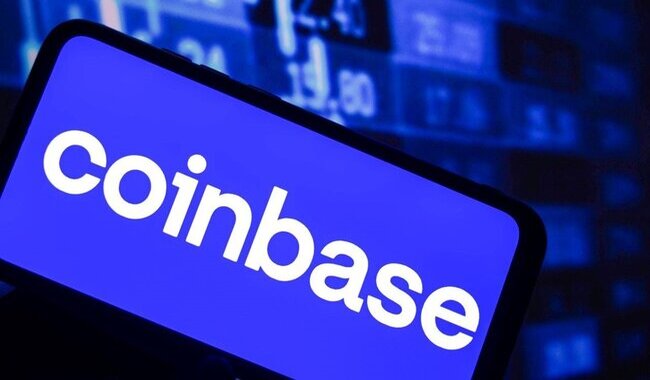Highlights:
- Coinbase seeks narrow GENIUS Act rules to protect developers and open-source platforms.
- Stablecoins should be treated as cash equivalents for tax and accounting.
- Excessive regulation may hinder U.S. leadership in digital finance.
Crypto exchange Coinbase has responded to the U.S. Treasury by providing firm recommendations concerning the GENIUS Act. The cryptocurrency exchange demanded a regulatory policy that remains faithful to what Congress had initially introduced. Coinbase claims that general rulemaking will stifle new innovations and harm America’s position within the crypto economy.
GENIUS Act Rules Must Match Congressional Intent
Coinbase stressed that the GENIUS Act should not go beyond the limits established by the legislators. The exchange mentioned that the regulatory targets of the Act do not apply to developers, blockchain validators, or open-source platforms. Consequently, their incorporation might bring in unnecessary control that deters growth.
Coinbase clarified in the statement that the Treasury should not interpret the Act in a manner other than the text itself. In July 2025, the GENIUS Act established explicit regulations in regard to stablecoins. These consist of supporting tokens using U.S. dollars or liquid assets, issuer annual audits, and controls on foreign issuances.
Coinbase cautioned that further increasing these regulations might misrepresent the intent of the law. It claimed that doing so would expose it to shifting crypto development to other countries. The firm’s Chief Policy Officer, Faryar Shirzad, tweeted that regulations need to adhere to the intent of the bill text and assist U.S. stablecoins to become payments leaders worldwide.
We submitted @coinbase's response to @USTreasury's request for comments on the implementation of the GENIUS Act. Our message is simple: GENIUS is landmark legislation designed to make the US the undisputed global leader in crypto and stablecoins. To make that happen, the… pic.twitter.com/XLyq15u0Ov
— Faryar Shirzad 🛡️ (@faryarshirzad) November 5, 2025
Protecting Stablecoin Utility and Innovation
Coinbase claimed that stablecoins are digital cash that should be treated equally by tax and accounting policies. The company suggested that stablecoin payments should be classified as cash equivalents. This, it believes, would lessen confusion and ease the burden on the regulation of both developers and users.
The exchange also stood firmly regarding the reward and loyalty programs. Coinbase clarified that the rule in the act concerning payment of interest is applicable to issuers of stablecoins only. It must also not reach out to the exchanges or platforms that provide incentives to customers.
The company said:
“It would rewrite the lines carefully drawn by Congress to treat third-party rewards or loyalty programs as prohibited interest.”
Moreover, Coinbase encouraged regulators to adopt a low-delicate stance on taxation. This would make sure that payment stablecoins remain operational with no complicated or ambiguous regulations.
Stablecoins Seen as Strengthening the Dollar
Coinbase also recently responded to fears that stablecoins could undermine the banking system of the U.S. Instead, it claimed that stablecoins facilitate the dollar’s influence in the world. Coinbase added that the majority of the stablecoin transactions occur outside the U.S., where it is used by users who want to be exposed to the dollar but not replace bank deposits.
The "stablecoins will destroy bank lending" narrative ignores reality. U.S. banks are sitting on trillions in reserves—they have plenty of liquidity. Meanwhile, most stablecoin demand comes from outside the U.S., expanding dollar dominance globally, not competing with your local… pic.twitter.com/3wCOEm6Zr0
— Faryar Shirzad 🛡️ (@faryarshirzad) October 29, 2025
The company estimated that approximately two-thirds of stablecoin transactions occur on decentralized finance systems without links to traditional banks. Compared to current fears, with outdated concerns regarding old financial instruments, such as money market funds.
Although U.S. regulators influence the GENIUS Act rules, other major players are also gaining momentum. For instance, the Bank of England intends to roll out its own stablecoin framework soon.
Best Crypto Exchange
- Over 90 top cryptos to trade
- Regulated by top-tier entities
- User-friendly trading app
- 30+ million users
eToro is a multi-asset investment platform. The value of your investments may go up or down. Your capital is at risk. Don’t invest unless you’re prepared to lose all the money you invest. This is a high-risk investment, and you should not expect to be protected if something goes wrong.






